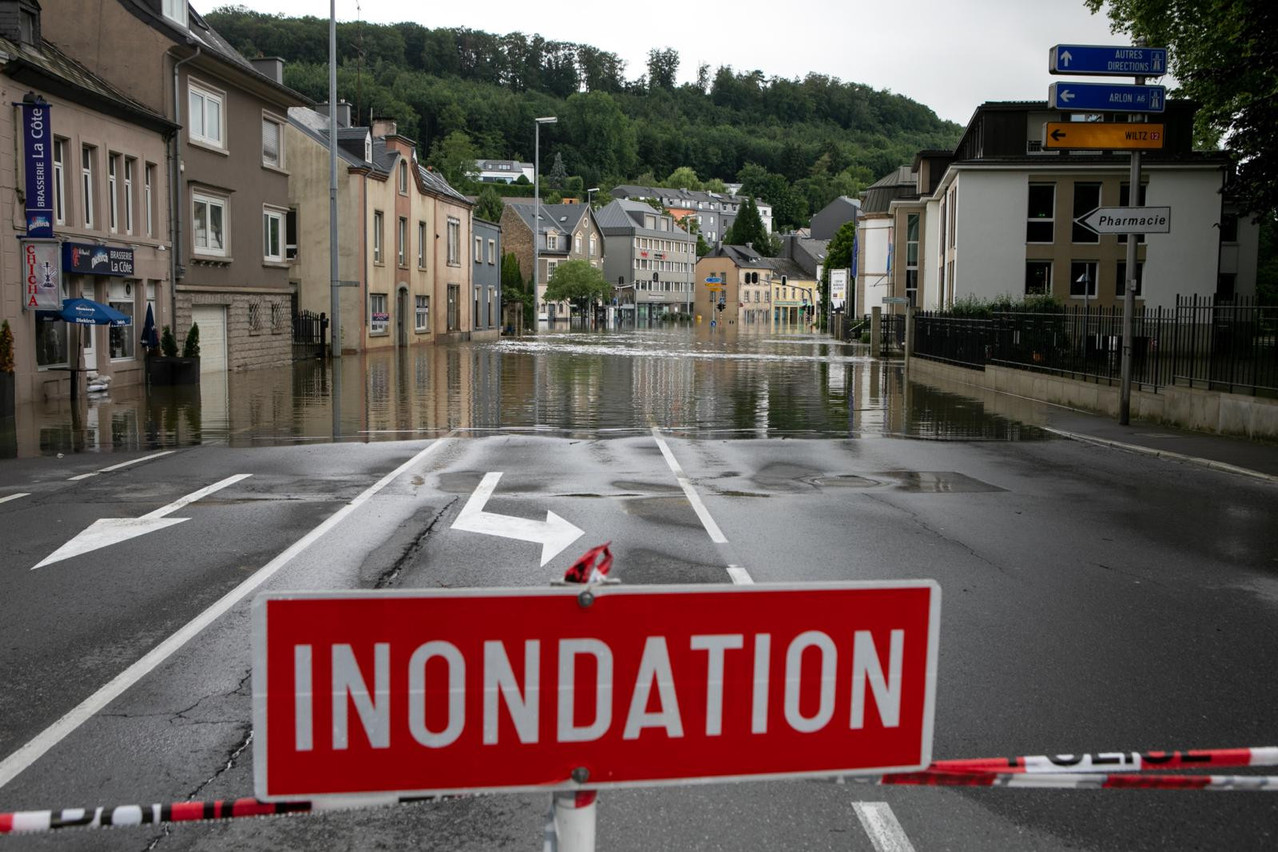Already in the autumn of 2020, the government set up a working group to review the GouvAlert application and other potential communication channels to use in case of emergency.
“Cell broadcast has the big advantage that citizens don’t have to download anything, and coverage is much larger than with an app. The Luxembourg warning system should evolve in this direction,” interior minister Taina Bofferding (LSAP) and digitalisation minister Xavier Bettel (DP) said in a joint answer to a parliamentary question.
For example, neighbouring countries like Germany use cell broadcast to send information on coronavirus restrictions to people entering the territory. Such a system is not in place in Luxembourg.
A project to review the alert system is slated for mid-2022. “At the moment it is too early to put a number on the cost of the project,” they said.
“The experience from the recent floods will be included in the project,” both ministers said in response to a second parliamentary question on Luxembourg’s public alert system.
The government has over raising the alarm too late when heavy rainfall caused unprecedented flooding in Luxembourg on 14 and 15 July. The GouvAlert app, introduced in 2018 to provide instant information on fires, accidents, severe weather, nuclear accidents and power outages, was overburdened.
“Evacuating people when they are already knee deep in water is not a successful way to mitigate against disaster,” said Jeff Da Costa, a hydrometeorologist from Luxembourg at the University of Reading in .
As part of its public alert system, the government is also mulling available in all communes for different types of emergencies. The sirens are currently used exclusively for nuclear incidents or to raise emergency services in case regular alert systems fail.
